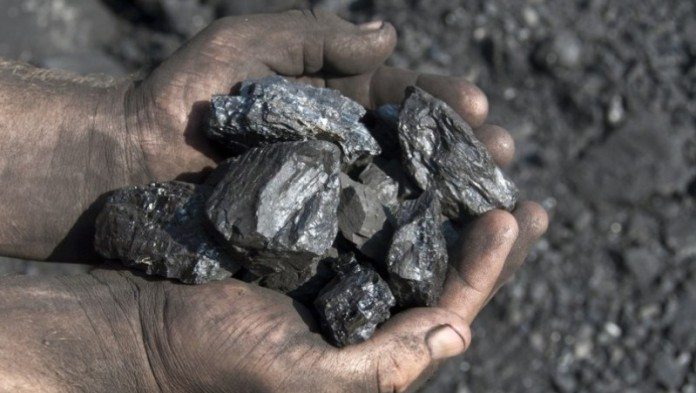
UNLISTED Indian company Atha-Africa Ventures received a massive shot in the arm after the South African government rejected an appeal against an environmental authorisation (EA) previously granted to the company’s proposed Yzermyn coal project.
The appeal was brought to the High Court by the Centre for Environmental Rights (CER), a vocal and effective non-governmental organisation which has been running the rule over a series of planned coal mining developments in South Africa.
The appeal, which was granted in July, has effectively left the Yzermyn in limbo until the matter could be reconsidered by local government in terms of environmental legislation in South Africa. Project work on the proposed 2.25 million tonne/year (Mtpa) should have kicked off in May. Coal mined from Yzermyn was to be exported.
Today’s announcement serves as notice that Mpumalanga province’s MEC for Agriculture, Rural Development, Land and Environmental Affairs, Vusi Shongwe, dismissed the appeal noting that Ata-Africa’s application for an EA was consistent with the law. Yzermyn is located in Mabola, near Piet Retief, which is where the Pongola, Vaal and Tugela rivers converge. It was declared a protected area but only after Atha-Africa received its permits – a development that put environmental groupings, such as Earthlife Africa, in a froth.
The CER disputes this interpretation. “The Mabola Protected Environment was declared in January 2014. The letter of grant from the Director General: DMR, conveying to Atha that it’s mining right had been granted was 19 September 2014,” said Melissa Fourie, executive director of CER. “Moreover, that grant by the DG: DMR was withdrawn by the Minister of Mineral Resources in its entirety and a fresh mining right was granted to Atha by the Minister on 14 April 2015,” she said.
Shongwe said in a letter to the CER that he was “… satisfied that the required public participation process, conducted ahead of the granting of the environmental authorisation, was in accordance with applicable environmental impact assessment regulations”, according to a statement issued by Atha-Africa. In addition, he found that due cognisance had been taken of the views of affected parties and that a decision to mine underground (and not wash the coal) meant the negative impacts of mining had been ameliorated.
Surface infrastructure would also be located outside of the protected environment “… in an area previously disturbed by agricultural and historic mining activities”. Shongwe added that mining would “… enhance the developing export market for South African products and services, and inject much-needed foreign direct investment into the country for greater good”. An environmental management committee (EMC) will be established to oversee the construction and operation phases of the project, Atha-Africa said.
“Atha-Africa welcomes the decision by the MEC to dismiss the emotional, unscientific and anti-developmental appeal brought by the CER on behalf of eight NGOs,” said Praveer Tripathi, senior vice president of Atha-Africa Ventures. “We hope that the litigants will work together with us and the local impoverished communities to transform the lives of the poorest of the poor,” he added.











